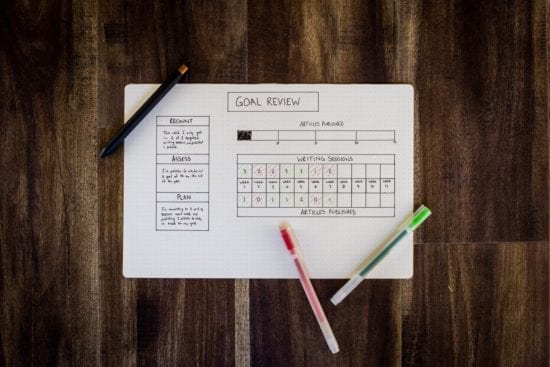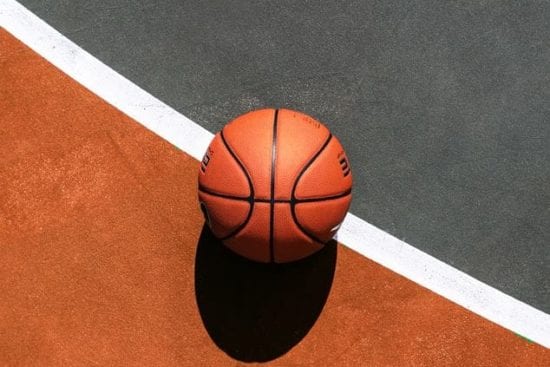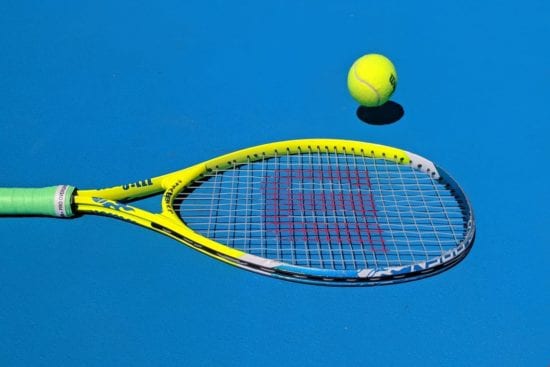Focused, deliberate practice
When it comes to learning a new skill, practice doesn’t make perfect – perfect practice makes perfect.. It’s also true that, no matter how long or hard you practice, it’s still possible to fall short of your goal. When this happens, fatigue and despair often set in. The temptation is to give into the fear of failure and stop practicing, assuming your goal is too lofty to attain. But there is an alternative that will save your energy and sanity: deliberate practice.
What is deliberate practice? By learning to practice smarter, you’re able to become proficient at anything, improve your confidence and take massive action toward your goals. This is the secret top performers understand: by prioritizing outcomes and strategy over rote repetition, you’re able to harness your drive to master a new set of skills, lose weight, reach your peak state and surpass even your own expectations.
What is deliberate practice?
What is deliberate practice, exactly? To better understand the theory and practice behind this approach, psychologists studied top performers from multiple disciplines. Researchers found the participants’ secret to success: the best of the best utilize deliberate practice techniques to reach the top. World-class performers don’t settle for traditional practice techniques, which are based on rote repetition (e.g. practicing piano scales over and over). Traditional learning theories assert that it takes 10,000 hours of rote practice to master a skill. Just imagine putting in that much time without results to show for it! Proponents of deliberate practice argue that evaluating your efforts by the number of hours invested is simplistic, ignores the complexity of learning and performance. Top performers practice smart by orienting their practice toward specific goals instead of hours accrued. The research is clear: It’s time to replace outdated learning models with updated ones that acknowledge how the brain and body actually work. By implementing consistent, goal-centered training in brief-but-intense sessions – deliberate practice – you can conquer anything.
How to implement deliberate practice
Follow six steps to implement deliberate practice:
1. Get inspired
Deliberate practice hinges on vision instead of repetition. By finding inspiration and using it to guide your practice, you’re able to overcome the hard parts of learning a new skill – the frustration, failures and plateaus. When you’re inspired, you’re able to see roadblocks as opportunities to up your game and challenge yourself.
2. Set specific, feasible goals
It’s easy to lose yourself in rote, unfocused practice. But with deliberate practice, you’re goal-oriented so your efforts are clearly aimed at a realistic outcome. Your eyes are on the prize, and that makes the chase even more fulfilling. As you implement thoughtful planning to overcome your weak spots, you feel empowered to learn and grow.


3. Get out of your comfort zone
Repetition-based practice produces the ironic effect of complacency, since it focuses your attention on a limited, static outcome. Deliberate practice has the opposite effect, since you’re inspired in your efforts to reach a goal aligned with your values. Deliberate practice also lets you exit your comfort zone with confidence, since you’re strategizing toward a meaningful outcome.
4. Be persistent and consistent – and keep it brief
To reach any goal, you must not give up. If you feel frustrated by slower-than-desired progress, remember that it’s pushing through difficulties that makes you stronger in the end. Unlike repetition-based practice, deliberate practice requires brief-but-focused activity so you can conserve your energy and focus.
5. Seek feedback from others
Practicing in a vacuum leaves you at the mercy of your own perception, which is often tainted by your fears and insecurities. Seeking the feedback of other people whom you respect and trust is the antidote. When you get others’ feedback, you’re able to see your performance, strengths and weaknesses more clearly.
6. Prioritize recovery
With any goal, you must balance practice time with recovery time. This is the beauty of deliberate practice: You’re not bound by the quantity of time you put in, but by the quality of the time you invest. By taking time to recover, you energize yourself so you’re maximally efficient.

Deliberate practice examples
For more than 40 years, Tony Robbins has worked with world-class athletes who serve as outstanding deliberate practice examples.
Pat Riley
Legendary basketball coach Pat Riley has built top-notch sports teams for decades, distinguishing himself as one of the foremost deliberate practice examples. Pat’s secrets to effective practice include being adaptable, pushing past your comfort zone and always reaching for a 25% improvement. To get started, reach for a 1% improvement in five areas of life, like seeing how much distance you cover if you add 30 seconds to your run on the treadmill or cutting TV time by an hour to focus on another project. By making straightforward plans, you gain confidence to push past your limiting beliefs.

Andre Agassi

Tennis star Andre Agassi masters the art of deliberate practice through visualization. What is Andre’s secret? It’s learning to control your state, build a winning physiology and develop certainty. Andre has mastered the art of deliberate practice to fine-tune any skills and crush the competition.
Want to learn deliberate practice?
Deliberate practice is your key to learning any new skill. Get the support you need with Tony Robbins’ Ultimate Edge, your resource for achieving all your goals.